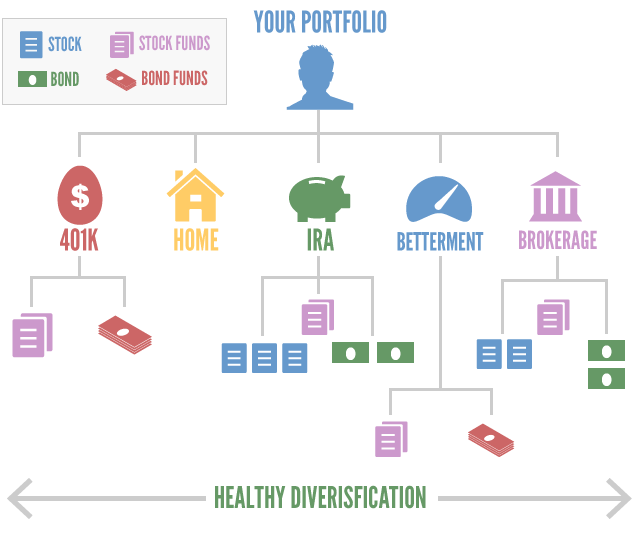If the thought of buying the stock exchange frightens you, you are not alone. Individuals with really restricted experience in stock investing are either horrified by scary stories of the typical financier losing 50% of their portfolio valuefor example, in the two bear markets that have actually already occurred in this millennium or are seduced by "hot ideas" that bear the promise of big rewards but rarely pay off.
The truth is that investing in the stock market carries risk, however when approached in a disciplined manner, it is among the most efficient methods to construct up one's net worth. While the worth of one's home normally accounts for the majority of the net worth of the average individual, most of the wealthy and extremely abundant normally have the bulk of their wealth purchased stocks.
Secret Takeaways Stocks, or shares of a business, represent ownership equity in the company, which give shareholders voting rights along with a residual claim on business profits in the kind of capital gains and dividends. Stock markets are where private and institutional financiers come together to buy and sell shares in a public venue.

For circumstances, an individual or entity that owns 100,000 shares of a business with one million impressive shares would have a 10% ownership stake in it. The majority of companies have exceptional shares that encounter the millions or billions. Typical and Preferred Stock While there are 2 primary kinds of stockcommon and preferredthe term "equities" is synonymous with common shares, as their combined market worth and trading volumes are numerous magnitudes bigger than that of preferred shares.
Preferred shares are so called due to the fact that they have choice over the typical shares in a business to receive dividends As possessions in the occasion of a liquidation. Common stock can be further classified in regards to their ballot rights. While the standard property of common shares is that they must have equal voting rightsone vote per share heldsome business have double or numerous classes of stock with different ballot rights attached to each class.